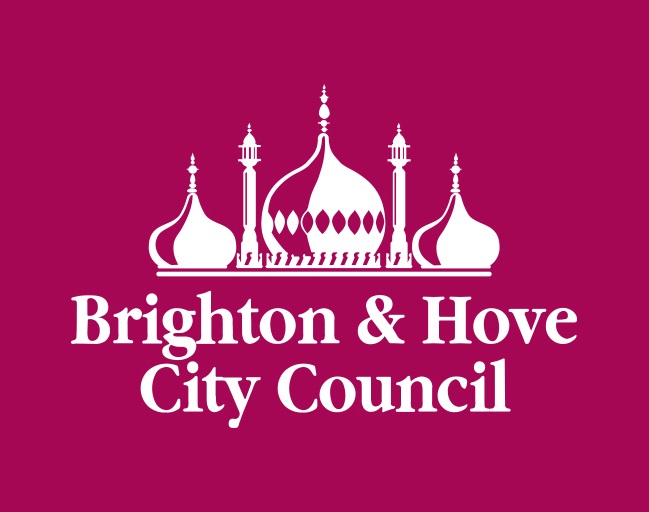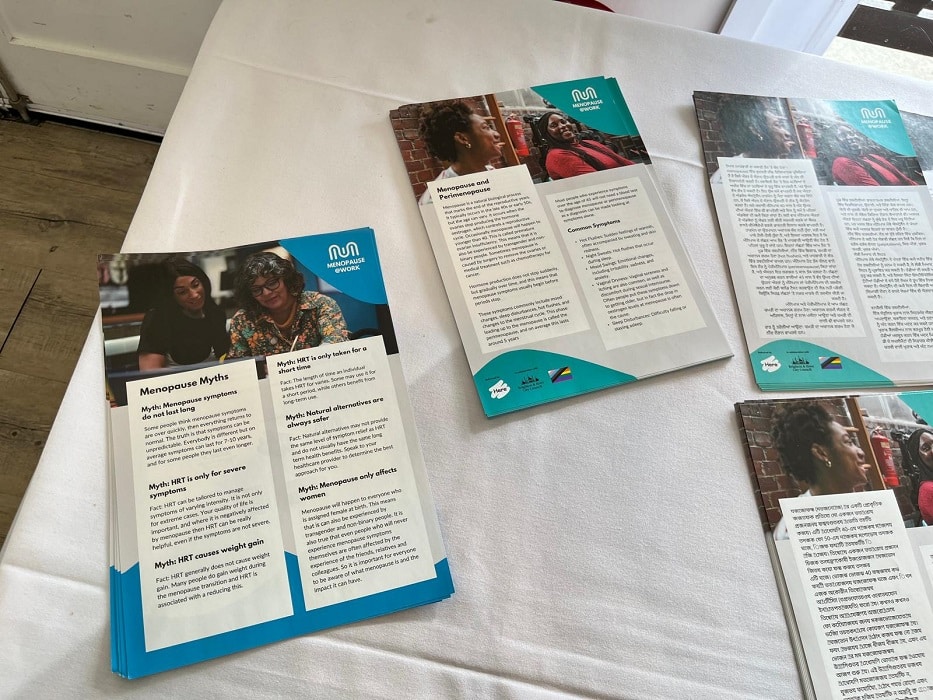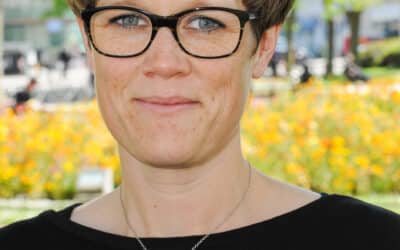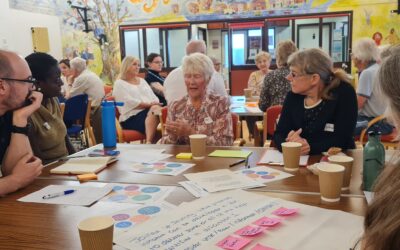What works for Menopause in the workplace? Sharing what we’ve learned

Today we’re publishing the evaluation of Menopause@Work, a programme we co-led with Brighton & Hove City Council to support menopause awareness and action in small and medium-sized businesses (SMEs).
Funded by the VCSE Health and Wellbeing Fund as part of the Women’s Health Strategy for England, the project’s aim was to give SMEs the knowledge, confidence, and tools to better support staff through menopause.
Through a mix of live events, online resources, and practical learning modules, we engaged nearly 500 individuals, most from SME organisations that we set out to support.

Our intention from the start was to bring expertise out of the clinic and into the everyday situations people live and work in, blending it with local knowledge and community insight to create something truly practical and grounded.
With the final evaluation now complete, we’re sharing what we’ve learned.
What happened
- 94% of participants said they felt more confident talking about menopause at work.
- 89% planned to take action based on what they learned.
- Some organisations introduced menopause-friendly policies, adjusted uniforms, or created more flexible working arrangements.

Key insights from the Menopause at Work report
Online learning, convenient and helpful, alone wasn’t enough. What people valued most were the live events: spaces to talk, connect, and feel heard.
The programme helped individuals grow in confidence and knowledge, and in many cases led to practical changes at work. But lasting, systemic change remains slow, especially where leadership support or resource is lacking.
If workplaces want to truly support staff through menopause, they need to move beyond individual action and bring leadership along with them.
Grounding menopause support in the real world
One of the programme’s core ambitions was to bring clinically informed expertise into the everyday spaces where people live and work. The evaluation shows this mattered. Participants responded most positively to live, discussion-based events that created safe, relatable spaces. By combining expert knowledge with local understanding and real-world context, the programme helped translate information into action. Small, practical changes, like adjusting uniforms or offering flexible breaks, came directly from these conversations.

We hope this evaluation offers valuable insight for others working to create more supportive, inclusive workplaces.
Download the full Menopause@Work evaluation here.
If you’re working to make your organisation more menopause-friendly, or curious about how we co-design our projects and services, we’d love to talk: drop us a line at Collab@hereweare.co.uk
Also of interest
Early Pain Support: Insights From our first Community Drop-In
As part of Rethinking Our Health, we hosted our first community pain drop-in — a chance for people to talk things through early, get reassurance, and feel more confident about managing pain. This blog shares what we learned, and why having the right conversation at the right time really matters.
Rethinking Our Health: starting with pain
We’ve been asking communities what really matters when they’re living with pain. In this update, we share what we heard, what surprised us, and how this learning is shaping a new three-part support offer for MSK pain that starts locally, builds on existing strengths, and is designed together.
Rethinking Pain: Insights from The Kings Fund and Here
What if pain wasn’t just something to manage, but a signal for change? The Kings Fund and Here explore how a “do with” approach can transform pain services – focusing on prevention, connection, and holistic support.


